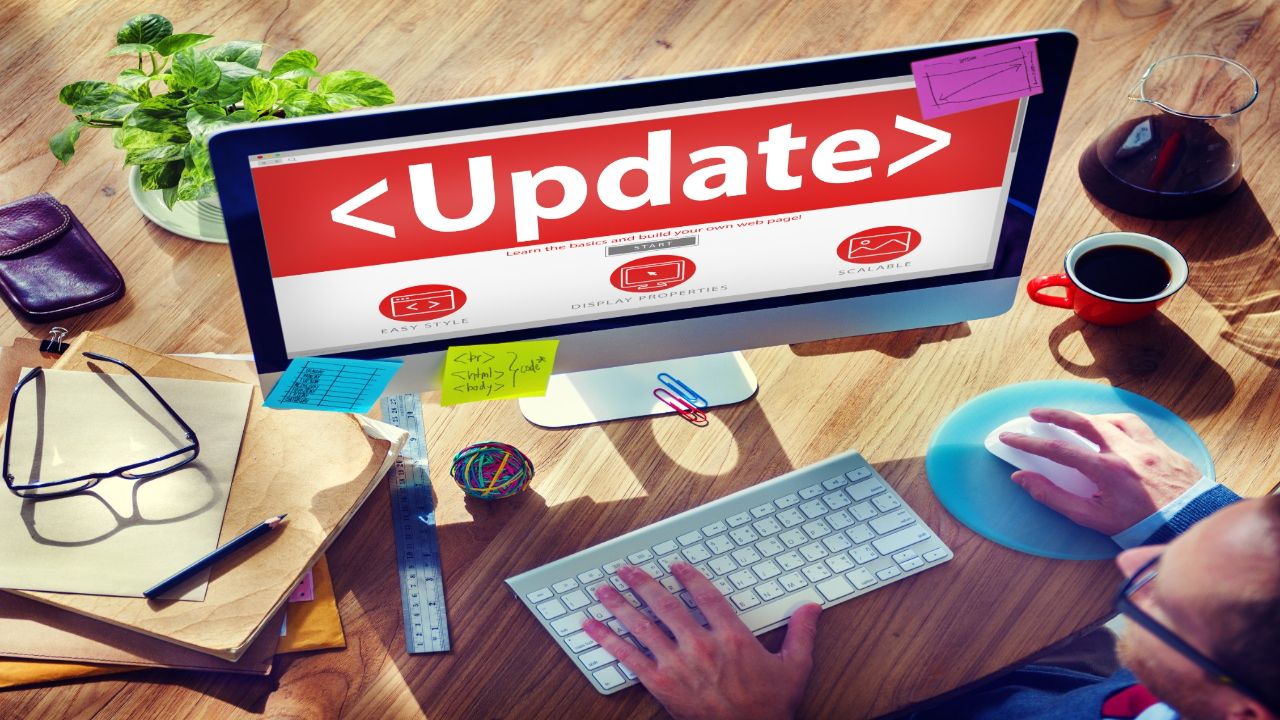A compelling real estate website is more than just a business card. It’s a powerful tool that can drive your business growth. A well-designed website can showcase your listings, demonstrate your expertise, and attract potential clients. For instance, consider the website of HouseMax (https://www.housemax.com/grandview). Their website provides a seamless experience for users looking to sell their homes quickly and efficiently.
As the digital face of your real estate business, your website is a vital asset. However, it can also be a target for cyber threats. Therefore, implementing robust security measures is not just an option but a necessity. This article will guide you through the top web security tips for real estate websites, providing you with the knowledge to protect your online presence and build trust with your clients.
Use Secure Hosting

Choosing a secure hosting provider is the first step in securing your website. A secure hosting provider offers features like SSL certificates, DDoS protection, and regular backups.
Ensure your hosting provider offers 24/7 security monitoring to detect and mitigate any potential threats. Also, opt for a hosting plan that provides automatic updates to keep your website secure.
Implement SSL Encryption
SSL (Secure Sockets Layer) encryption is a must for any website. It encrypts the data transferred between your website and your users, protecting it from being intercepted by hackers.
Most web browsers display a padlock icon in the address bar for websites with SSL encryption, reassuring your users that their data is secure. Ensure your website has an SSL certificate and that it’s properly configured.
Regularly Update Your Website

Keeping your website updated is crucial for security. This includes updating your website platform, plugins, and themes. Outdated software often has security vulnerabilities that hackers can exploit.
Set your website to update or regularly check for updates automatically. Also, remove any unnecessary plugins or themes that could pose a security risk.
Use Strong Passwords
Using strong, unique passwords is a simple yet effective security measure. This applies to your website admin account, hosting account, and any user accounts on your website.
Encourage your users to use strong passwords and consider implementing two-factor authentication for added security. Also, never store passwords in plain text.
Regularly Backup Your Website

Regular backups are your safety net in case your website gets hacked or you lose data. If something goes wrong, you can restore your website from a backup without losing any information.
Ensure your hosting provider offers regular backups or use a third-party backup service. Also, regularly test your backups to ensure they’re working correctly.
Monitor Your Website
Regularly monitoring your website can help you detect any suspicious activity or potential security threats. This includes monitoring your website traffic, user activity, and server logs.
Consider using a website security plugin or service that offers real-time monitoring and alerts. Also, regularly check your website for any unusual changes or activity.
Secure User Data

As a real estate website, you may collect sensitive user data such as contact information, financial details, and more. It’s crucial to protect this data from unauthorized access.
Use encryption for data storage and transmission. Also, limit the amount of data you collect and retain only what’s necessary. Regularly purge old data that’s no longer needed.
Implement a Firewall
A web application firewall (WAF) can protect your website from common web threats such as SQL injection, cross-site scripting, and DDoS attacks.
A WAF monitors incoming traffic to your website and blocks suspicious activity. It can also protect against brute force attacks by limiting login attempts.
Regular Security Audits
Regular security audits can help you identify potential vulnerabilities in your website. This involves checking your website for outdated software, insecure configurations, and other security risks.
Consider hiring a professional to conduct security audits or use automated tools. Fix any identified issues promptly to keep your website secure.